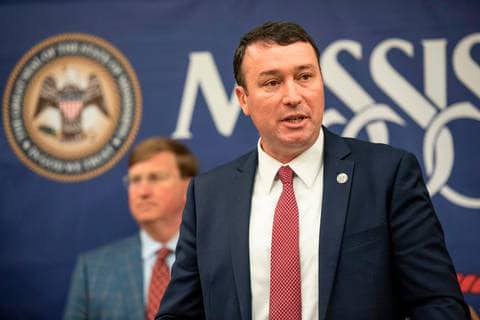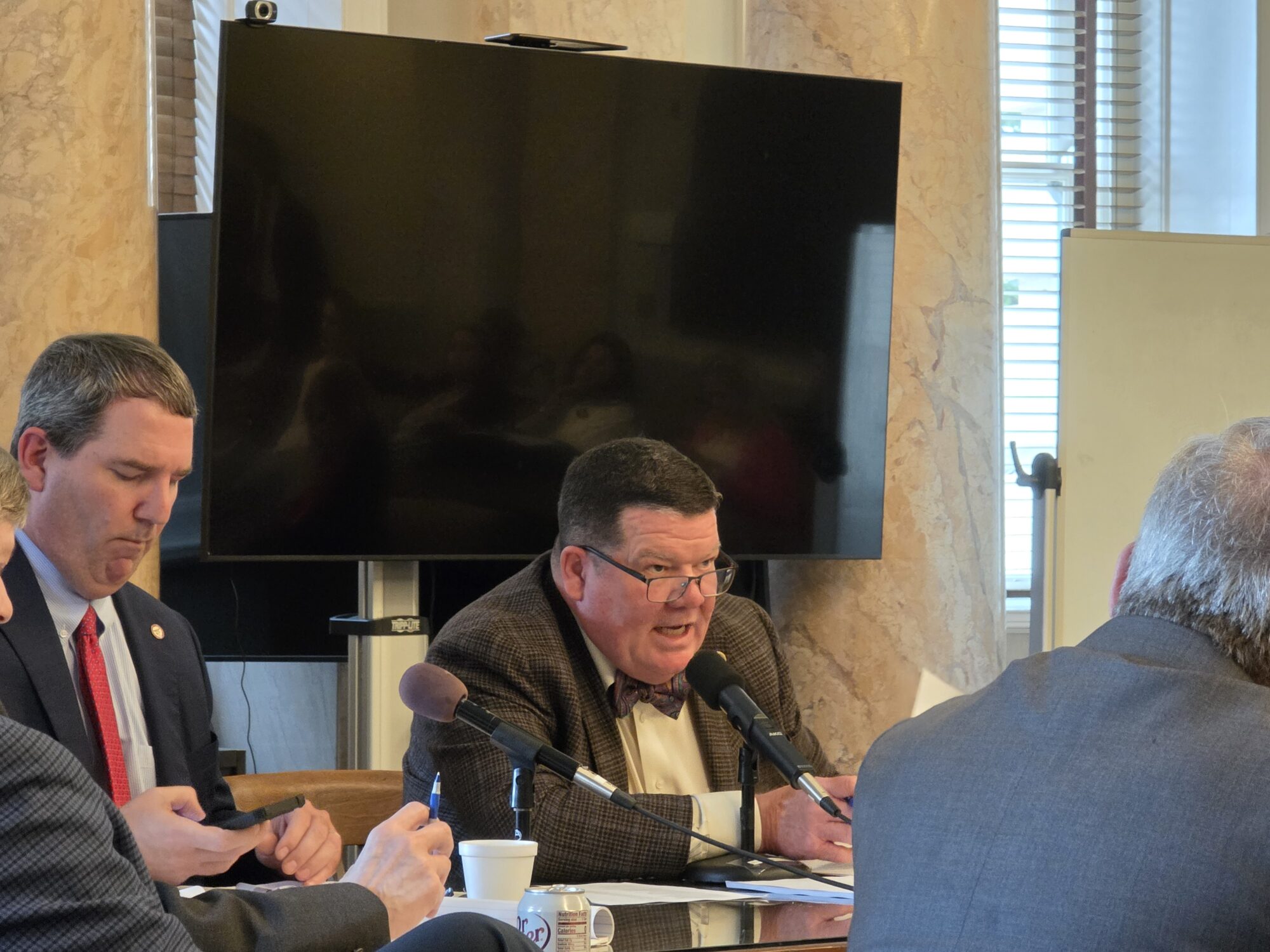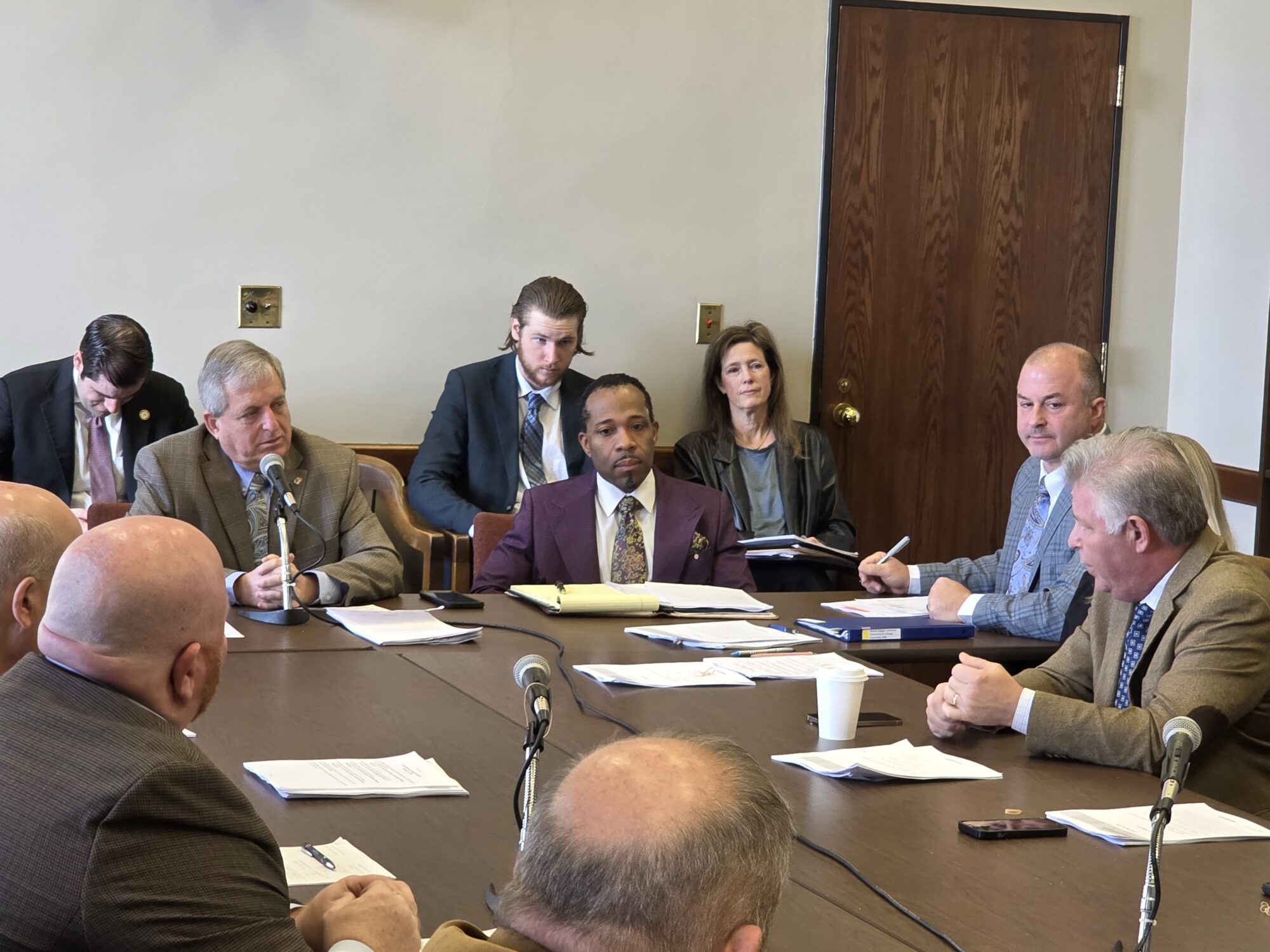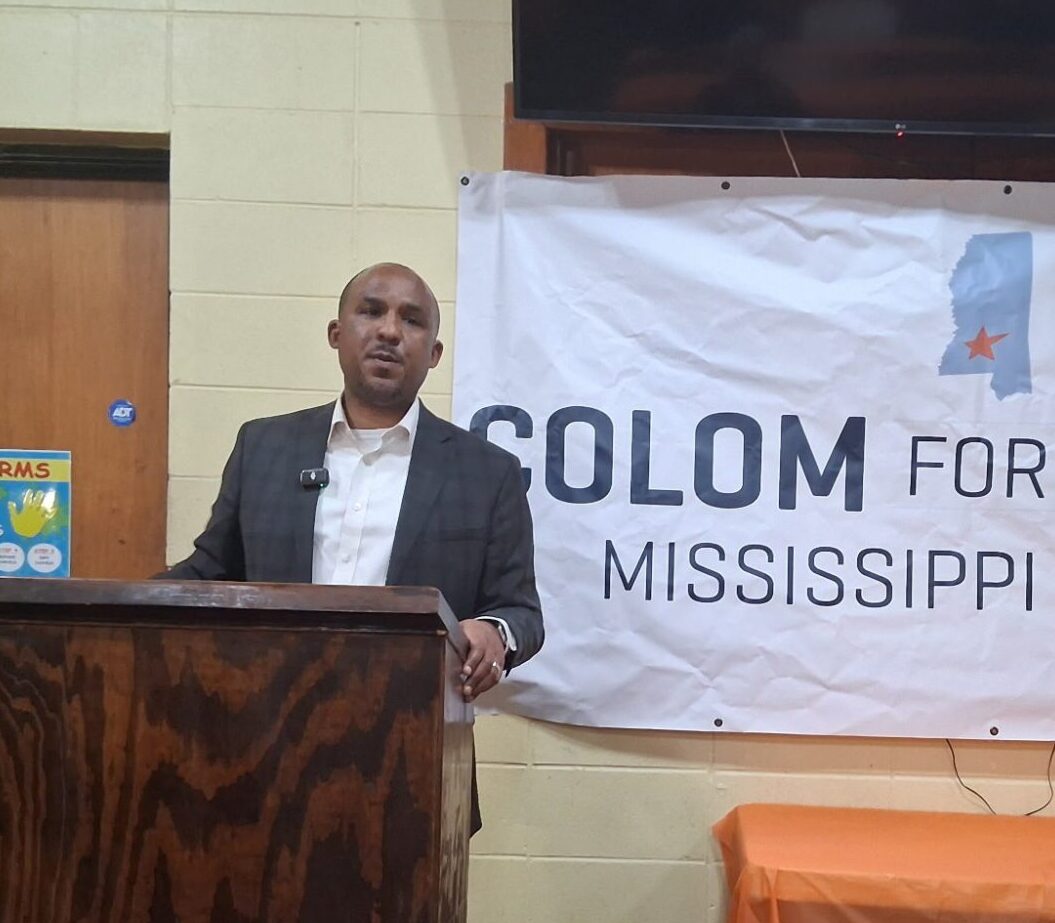
(Photo from Shutterstock)
- The inability to speak or read English effectively creates safety issues for the general public, and undercuts pay for American citizens, DPS Commissioner Sean Tindell says.
The Mississippi Department of Safety is cracking down on truck drivers who do not meet English language proficiency standards to ensure the safety of those on the roads.
Sean Tindell, Commissioner of the Mississippi Department of Public Safety, reported via social media that over the past few months the state’s Highway Patrol and Commercial Transportation Enforcement Division removed more than 300 commercial drivers from the roads who did not meet the English standards.
As of Monday, Tindell told Magnolia Tribune that about 317 commercial truck drivers have had their commercial licenses revoked due to a violation of those regulations since July, a majority of which were found in the past two months.
DPS is operating off of a longstanding rule that operators of commercial transport vehicles must follow.
According to the Federal Motor Carrier Safety Administration, motor carrier managers are responsible for ensuring drivers are able to use the English language effectively.
“The assessment should include processes to evaluate whether the driver is able to sufficiently communicate with law enforcement officers (e.g., during a roadside inspection) and to understand highway traffic signs that they may encounter while driving,” FMCSA states.
Enforcement of this regulation is now possible under President Donald Trump’s Enforcing Commonsense Rules of the Road for America’s Truck Driver’s Executive Order handed down in May. Now, safety officials who determine a driver is unable to effectively communicate in English can declare them as “out of service.”

Commissioner Tindell said the federal regulation has been on the books for years, but under previous presidential administrations enforcement would have led to a reduction in federal highway funding.
“Which is a tremendous benefit and asset for the state of Mississippi,” Tindell described. “And so, you know, we were somewhat handcuffed in enforcing what is federal law.”
Not only does a lack of English proficiency prevent the driver from being able to communicate with law enforcement officers, being unable to speak English effectively also prevents the driver from being able to fill out necessary logbooks and be alerted to dangerous road conditions announced via emergency road signs.
“When you look at the accidents really from across the country from commercial truck drivers that did not have proficiency in English and the accidents that they caused, it was clear that there is a problem,” Tindell said. “And you know, one of the big reasons for that is that they are dangerous. If they’re involved in an accident on our highways, the amount of damage they can cause compared to that of a personal vehicle is much, much greater.”
In concert with being able to enforce the regulation, Tindell said DPS officials are also working with U.S. Immigration and Customs Enforcement agents in various capacities to determine if the driver is in the United States legally.
Mississippi has measures in place to ensure it registers CDL drivers who are in the country legally, Tindell said. As such, most of those who are violation of the regulation received their commercial driver’s licenses from some other state, such as California.
Earlier this month, enforcement personnel pulled over an individual whose California license listed his last name as “unknown,” denoting he was in the country illegally.
“California has been giving out thousands of commercial driver’s licenses to illegal immigrants and not even checking their identity in compliance with real ID requirements,” Tindell explained. “So, things that we wouldn’t allow a U.S. citizen to do, they were allowing foreigners to do.”
Another issue with drivers who are in the country illegally is they are paid much less than U.S. citizens, creating problems for companies that abide by the law.
“Some local Mississippi companies were also very frustrated with the number of foreign drivers and the companies that were hiring foreign drivers to operate their trucks,” Tindell added. “They were doing it at a much cheaper rate than what American drivers would normally expect to be paid. And so, in a lot of instances they were undercutting Mississippi companies on the commercial trucking end of the business.”
Governor Tate Reeves expressed his appreciation to Commissioner Tindell and DPS for their work on the matter, writing on social media, “Law and order is our first priority in Mississippi! Great job by Commissioner Sean Tindell, CTED, and the MS Highway Patrol as DPS!”











